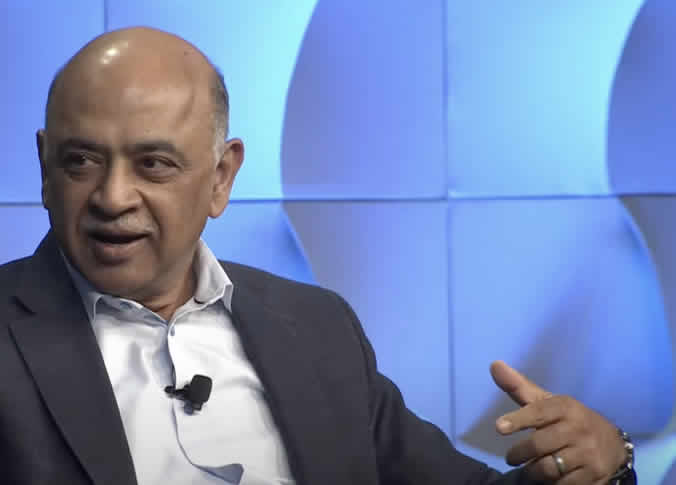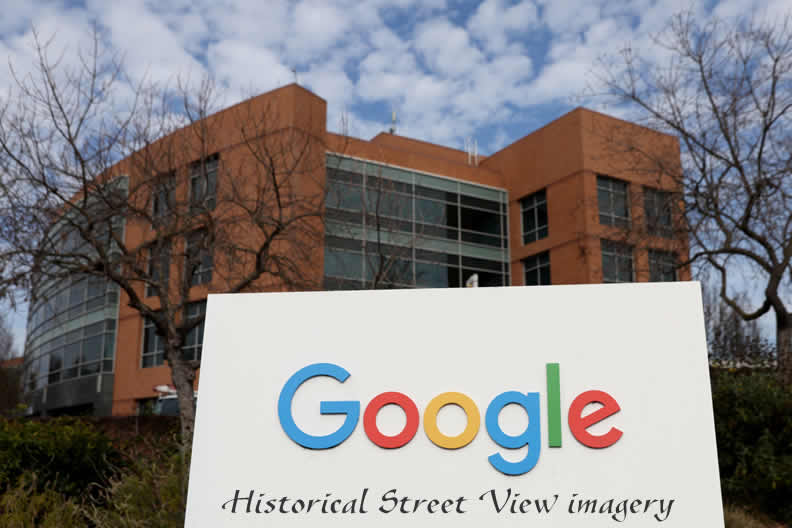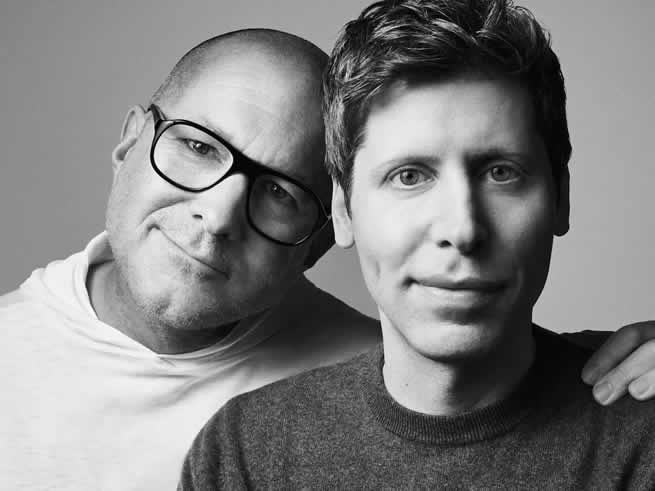
In a recent interview with TechCrunch, IBM CEO Arvind Krishna made a bold declaration: Artificial Intelligence (AI) will not replace human programmers “anytime soon.” While AI tools continue to reshape software development, Krishna emphasized that human creativity, problem-solving, and strategic thinking remain irreplaceable in coding.
Krishna pointed to IBM’s own AI initiatives, including Watson Code Assistant, as examples of how AI is designed to augment—not replace—developers. “Think of AI as a power tool for programmers,” he explained. “It can automate repetitive tasks, suggest code snippets, or debug faster, but the architect behind the system? That’s still a human.”
This stance contrasts with growing industry fears about AI-driven job displacement. A 2024 World Economic Forum report predicted AI could automate 25% of programming tasks by 2030, but Krishna argues this statistic misunderstands the evolution of tech roles. “Every major technological shift, from cloud computing to low-code platforms, has created more specialized jobs than it eliminated,” he noted.
The CEO also highlighted emerging opportunities where human-AI collaboration thrives. For instance, AI’s ability to process vast datasets is accelerating quantum computing research, while developers focus on translating these breakthroughs into real-world applications. “The future belongs to programmers who leverage AI to solve problems we can’t even imagine today,” Krishna said.
Industry experts partially support this outlook. Dr. Sarah Lin, a computer science professor at MIT, told TechCrunch: “AI lacks the contextual awareness to handle ambiguous project requirements or ethical decision-making. Until it can replicate human judgment, programmers are safe.”
However, Krishna acknowledged challenges ahead. He urged developers to prioritize upskilling in AI collaboration tools and domain-specific knowledge. “The programmer who only writes code? That role is evolving. The programmer who designs AI-augmented solutions? That’s the next gold standard.”




